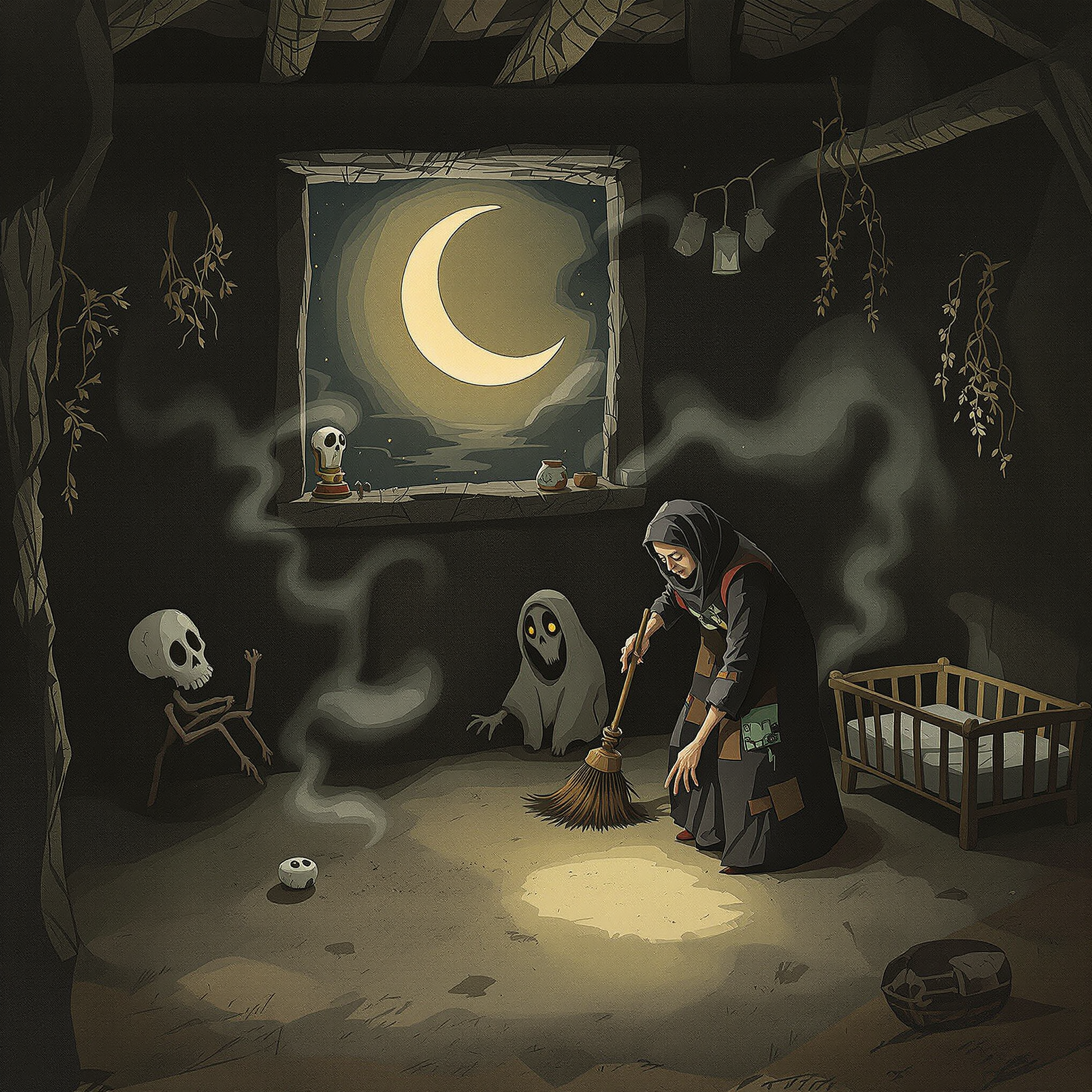According to this superstition, household sweeping should not occur after sunset. It is believed that sweeping after dark symbolically or literally drives away prosperity, good energy, or health—resulting in illness or misfortune by morning. Some variations state that sweeping at night might disturb spirits residing in the home or sweep away blessings accrued during the day. Others suggest practical origins, such as accidentally sweeping away lost items or money that couldn’t be seen clearly in dim lighting. The practice typically includes an unspoken rule to finish cleaning chores before twilight, especially in rural households. Items commonly associated with this belief include the broom (considered a spiritually charged tool) and the hearth (as a domestic spiritual center). In highly traditional settings, elders may admonish younger members for nighttime cleaning due to this belief.

A baby’s future career or fate is predicted by the first object they select during a ceremonial setup.
In several Asian and Eastern European cultures, a traditional ceremony is held for babies usually around their first birthday. Known


